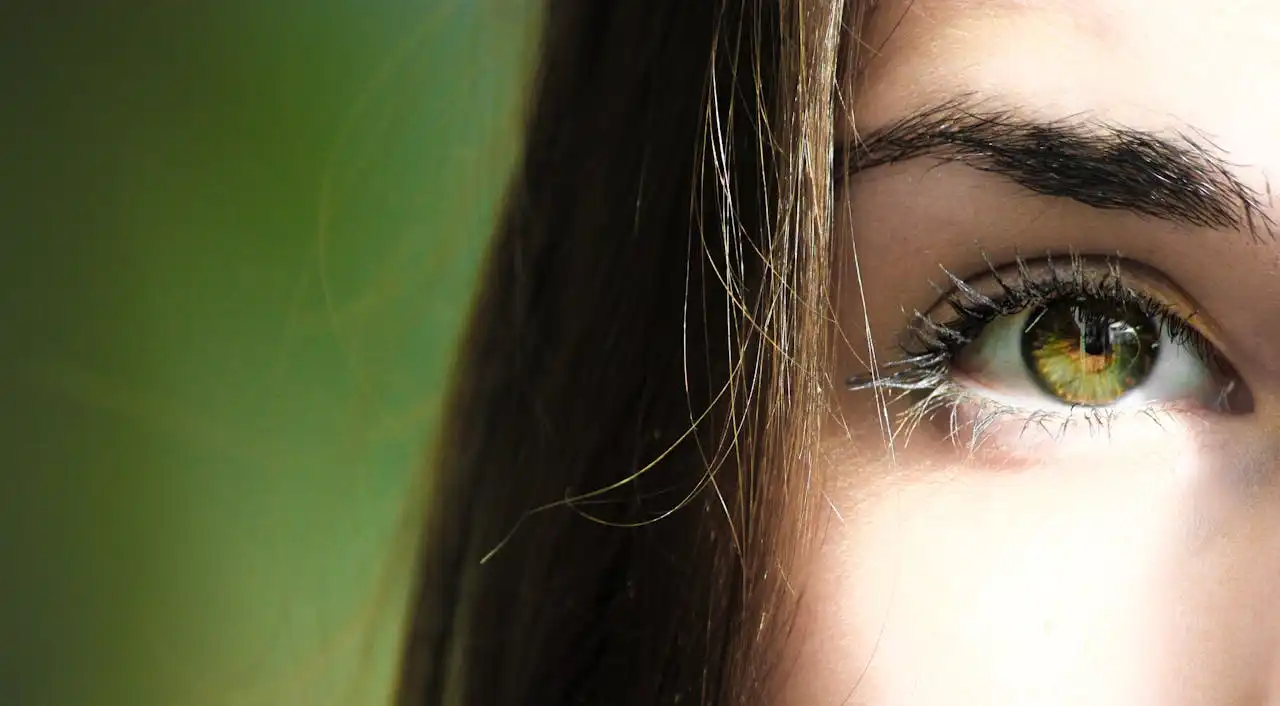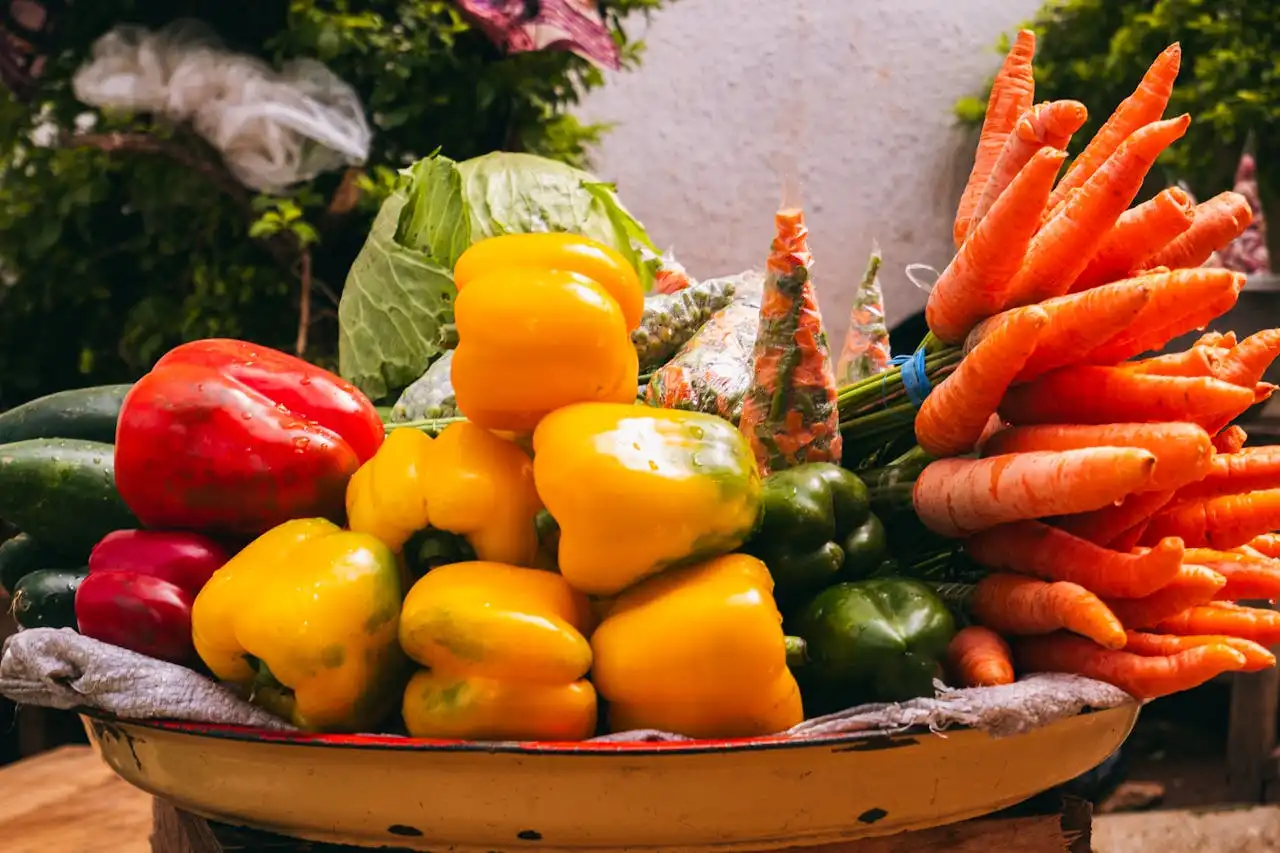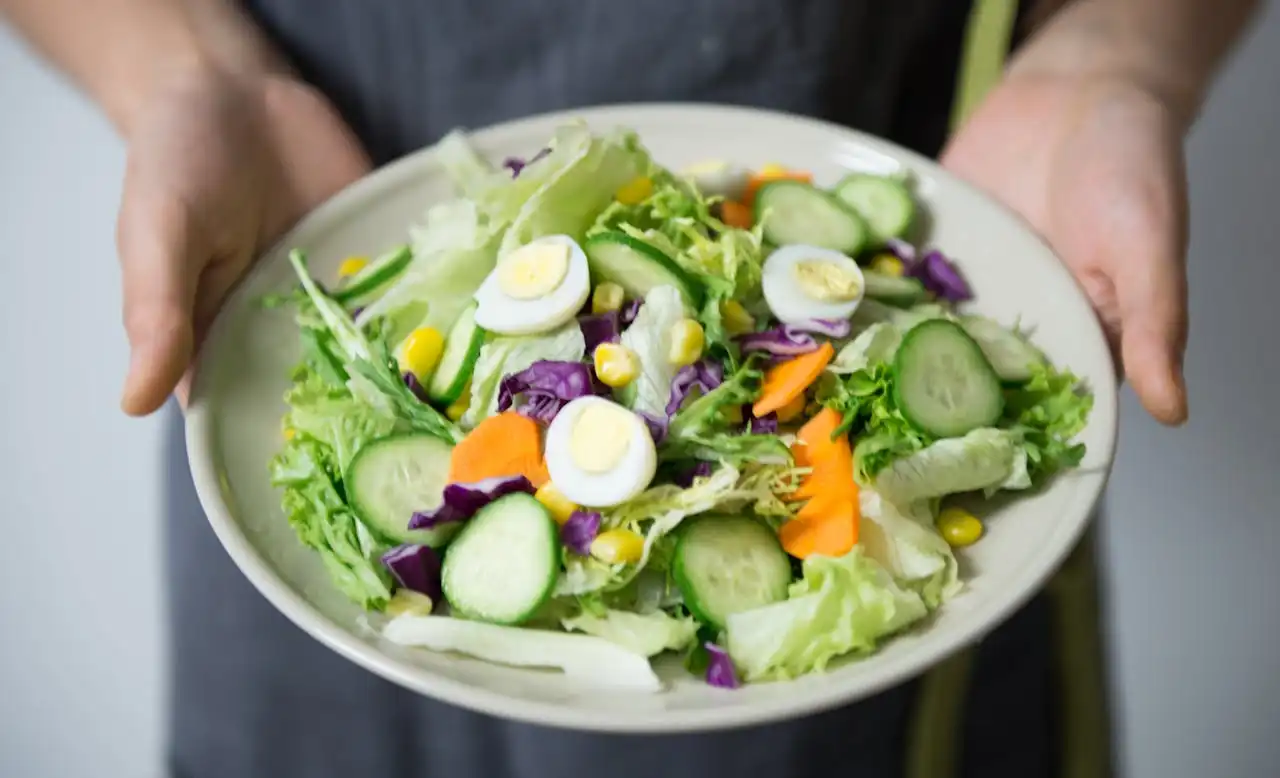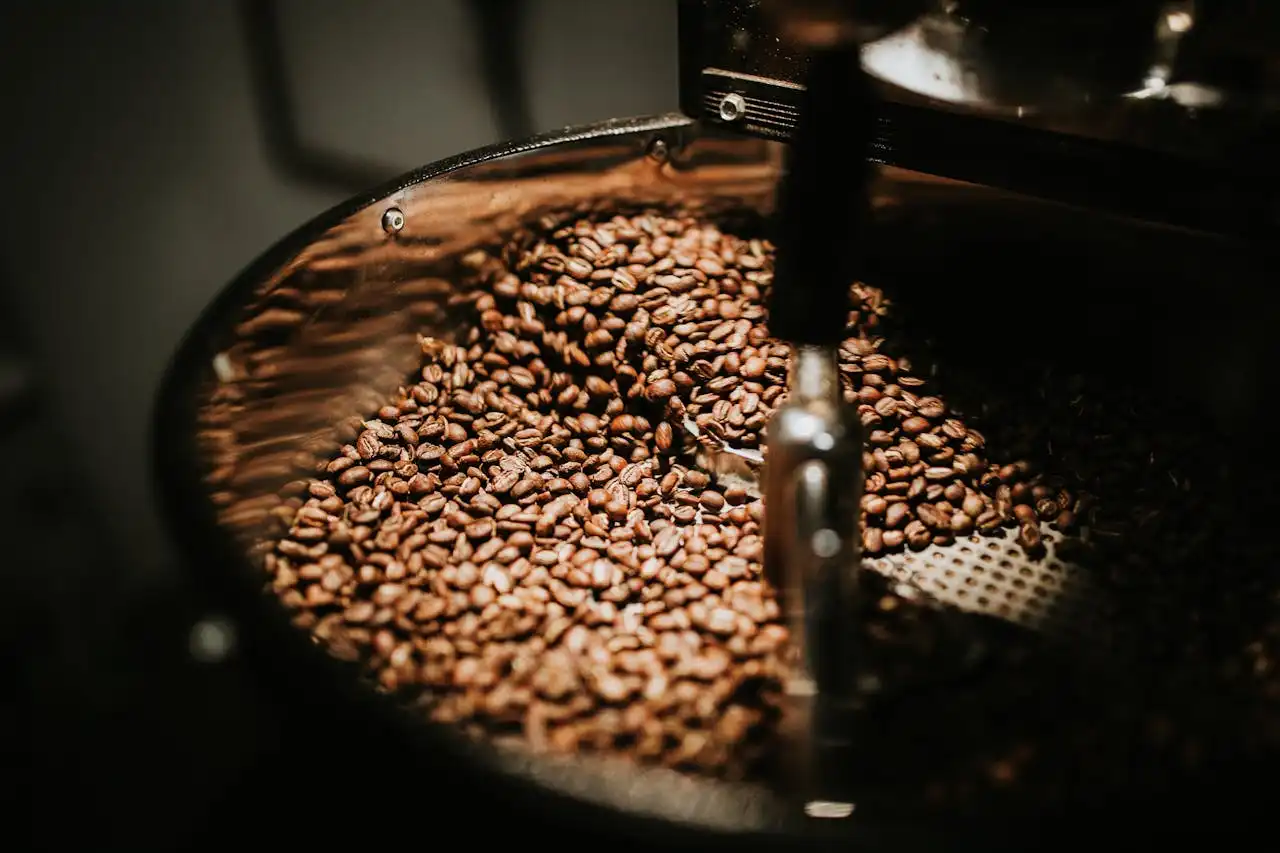Eye Nutrition: Fueling Your Gaze for Optimal Vision in a Screen-Saturated World
Muhe - Monday, 28 July 2025 | 04:00 PM (WIB)


Your Nutrient A-List: The MVPs for Eye Health
Think of these as the rockstars of eye nutrition. They perform specific, crucial roles, and ensuring you get enough of them is pretty darn essential.Lutein & Zeaxanthin: The Eye's Natural Sunglasses
Ever heard of these dynamic duo carotenoids? They're like the ultimate bodyguards for your macula, the central part of your retina responsible for sharp, detailed vision. Lutein and Zeaxanthin accumulate in your macula, forming a protective pigment that filters out harmful blue light and acts as a powerful antioxidant, shielding your delicate eye cells from oxidative damage. Pretty neat, right? Think of them as internal sunglasses that you can't lose!- Where to find them: Dark, leafy greens are your best bet – spinach, kale, collard greens. But also corn, peas, broccoli, egg yolks (yes, that sunny yellow yolk is packed with them!), and orange bell peppers. So, that morning omelet with a side of spinach? It's doing more than just filling you up.
Omega-3 Fatty Acids (DHA & EPA): The Smooth Operators
These aren't just for boosting brain power; they're MVP players for your eyes too. Especially DHA (docosahexaenoic acid), which is a major structural component of your retina. Adequate levels are crucial for maintaining retinal function and can even help with dry eye syndrome – and trust me, nobody wants that scratchy, irritated feeling after a long day of screen time. They help keep the cell membranes of your eye flexible and healthy, promoting good communication between cells.- Where to find them: Fatty fish like salmon, mackerel, tuna, sardines, and trout are packed with these good fats. Not a fish fan? Chia seeds, flaxseeds, and walnuts can pitch in, though plant-based omega-3s need a bit of a conversion process in your body to become the usable DHA and EPA forms.
Vitamin A: The OG Eye Vitamin
Ah, the classic. Remember that carrot chat? This is why! Vitamin A is crucial for good vision, particularly in low light conditions. It's a key component of rhodopsin, a protein in your eyes that helps you see in dim conditions and adjust to changes in light. Without enough Vitamin A, you might find yourself struggling with night blindness. It's a game-changer for maintaining healthy photoreceptors.- Where to find them: Sweet potatoes, carrots (duh!), squash, pumpkin, and fortified milk are excellent sources of beta-carotene, which your body converts into Vitamin A. For pre-formed Vitamin A, liver is a powerhouse, but be mindful of moderation.
Vitamin C: The Antioxidant All-Star
More than just for warding off sniffles, Vitamin C is a powerful antioxidant that helps protect your eyes from damage caused by free radicals. It also plays a vital role in creating collagen, a protein that forms the structural framework of your eyes, particularly in the cornea. It's like the scaffolding that keeps everything in place and resilient.- Where to find them: Think citrus fruits (oranges, grapefruits), bell peppers (especially red and yellow ones), strawberries, kiwi, broccoli, and tomatoes. Basically, if it's colorful and fresh, it probably has some Vitamin C goodness.
Vitamin E: The Cellular Protector
Another antioxidant superhero, Vitamin E teams up with Vitamin C to protect your eye cells from oxidative stress and free radical damage. It's a fat-soluble vitamin that helps maintain the integrity of cell membranes, which is crucial for overall eye health. It’s all about that robust cellular defense!- Where to find them: Nuts like almonds and hazelnuts, sunflower seeds, wheat germ oil, and leafy greens are excellent sources. Sprinkle some almonds on your salad or grab a handful as a snack; your eyes will thank you.
Zinc: The Ultimate Wingman
This trace mineral might be small, but it's mighty. Zinc is like the ultimate wingman for Vitamin A, helping it get from your liver to your retina to produce melanin, a protective pigment in the eye. It's also found in high concentrations in the eye itself, particularly the retina and choroid. It plays a crucial role in enzyme activity and overall eye health.- Where to find them: Oysters are famously packed with it, but you can also find zinc in lean red meat, poultry, beans, lentils, nuts, and whole grains.
Beyond the Plate: A Holistic Approach
While food is fundamental, optimizing your vision also requires a holistic view. Hydration is key – ever notice how your eyes feel dry and tired when you're dehydrated? Sip on that water! Regular eye check-ups are non-negotiable, too. An optometrist can catch issues before they become major problems, regardless of how many kale smoothies you're downing.And let's be real, while nutrition is a superpower, it's not a magic shield against everything. Reducing screen time where possible, taking regular breaks using the 20-20-20 rule (every 20 minutes, look at something 20 feet away for 20 seconds), and wearing proper eye protection outdoors (UV rays are no joke!) are all part of the big picture.The Bottom Line: Eating Your Way to Better Vision
Nourishing your eyes isn't about popping a single magic pill or surviving on a diet of just carrots. It's about a diverse, colorful diet rich in whole foods. It's about making conscious choices that build up your body's defenses, from your head to your toes – and especially your eyes. So next time you're planning your meals, think about those vibrant leafy greens, that gorgeous salmon, the sweet potatoes, and those colorful bell peppers. Your eyes are pretty wild and wonderful instruments, helping you navigate and appreciate the beauty of the world. Give them the fuel they deserve, and they'll keep shining brightly for years to come. It’s a no-brainer, really.
How to Relax Your Mind During the Weekend
5 months ago

ChatGPT's Compassionate Turn: How AI Is Learning to Handle Mental Health Crises Better
5 months ago

Coffee vs. Tea: The Morning Brew Showdown That's More Than Just a Cuppa
5 months ago

Cracking the Code: Your Guide to Taming Those Beastly Migraines
5 months ago

Fuel Your Supercomputer: Five Foods That Will Level Up Your Brainpower
5 months ago

Unlocking Your Inner Shield: Five Veggies That Are Basically Superheroes for Your Immune System
5 months ago

Your Secret Weapon for Weight Loss? It's As Simple As Putting One Foot in Front of the Other
5 months ago

Forever Young: The Secret to a Glowing, Timeless Life
5 months ago

Your Gut Feeling is Right: How to Feed Your Inner Universe for a Happier, Healthier You
5 months ago

Navigating Your Daily Grind: When Does Your Coffee Habit Cross the Line?
5 months ago
